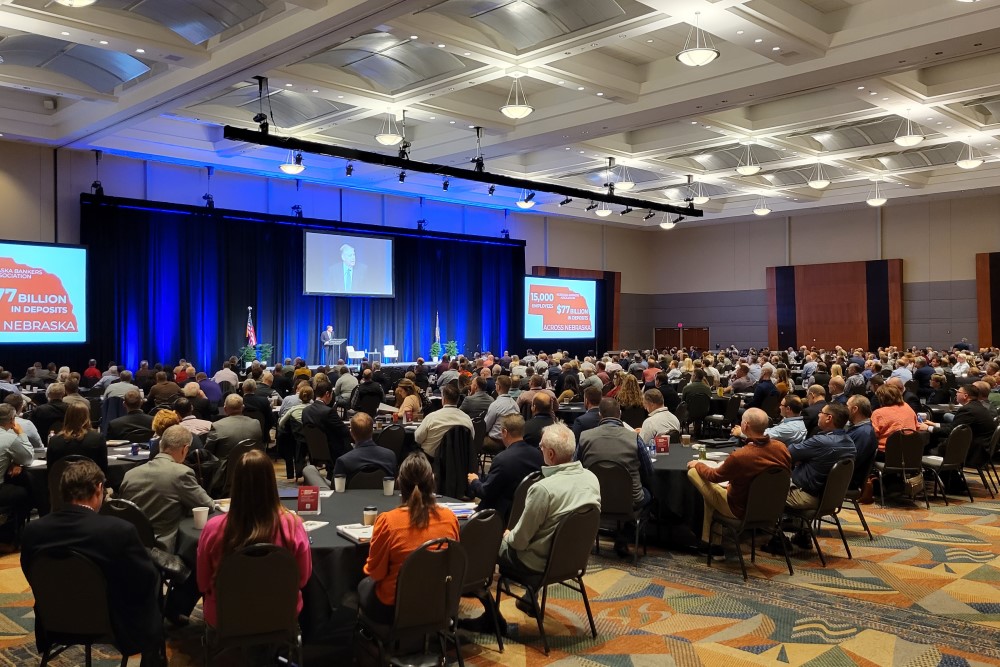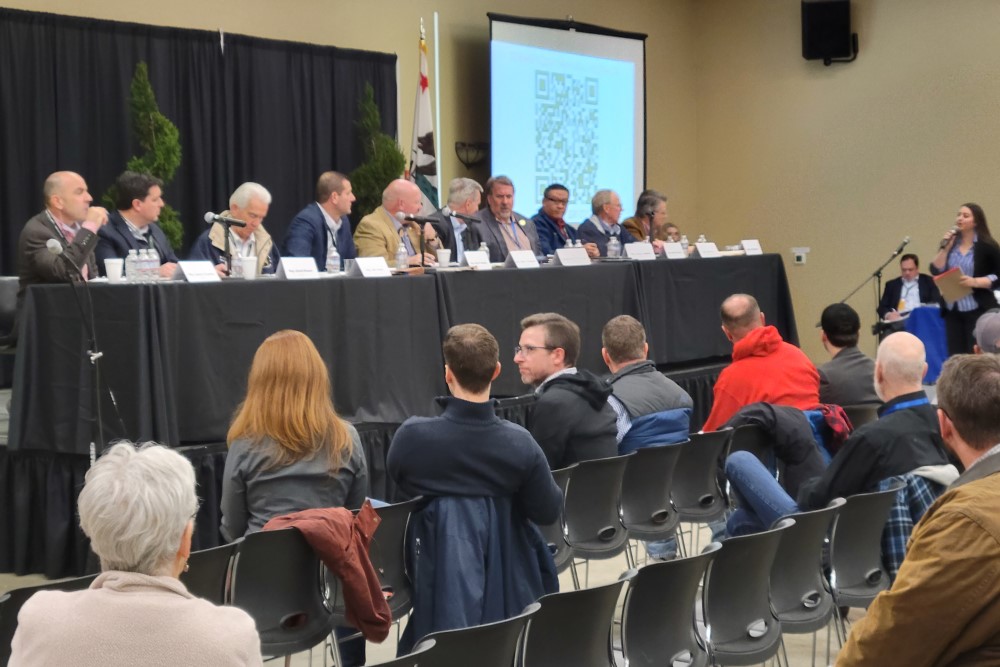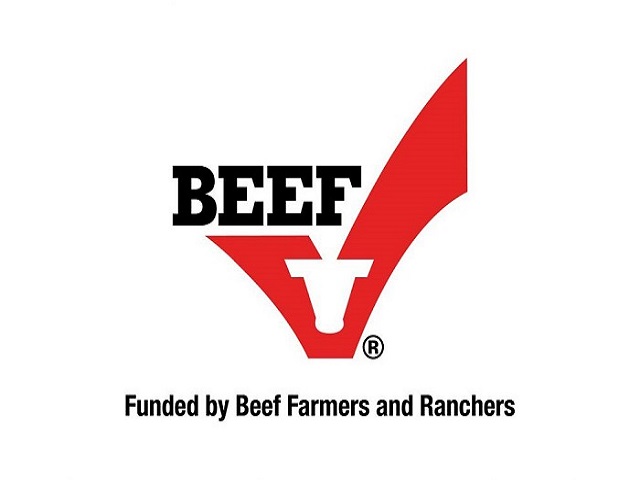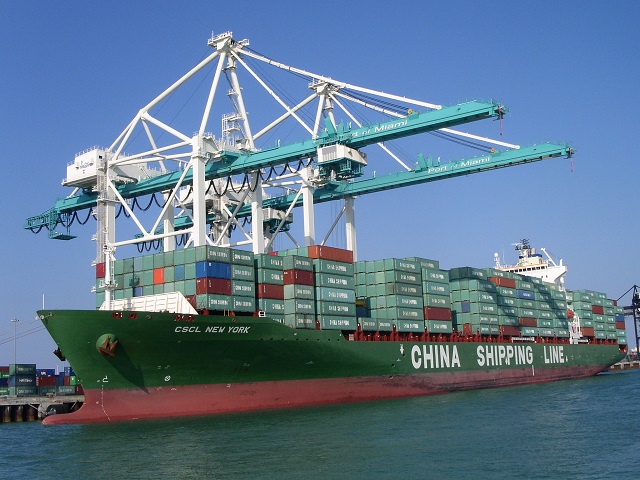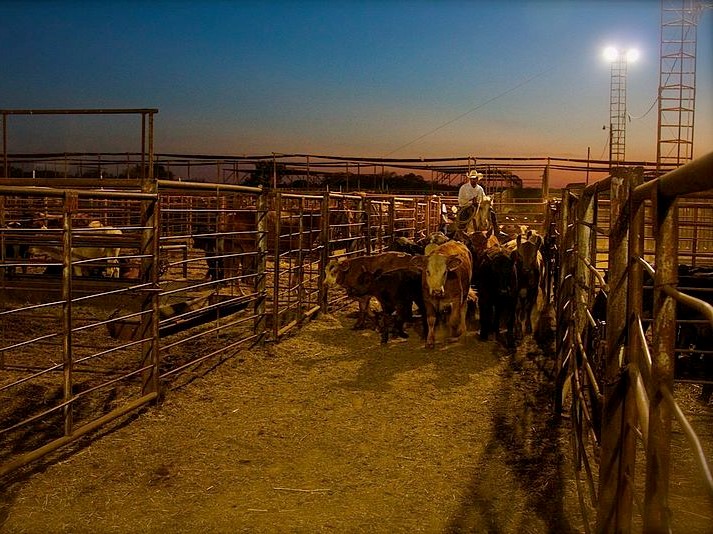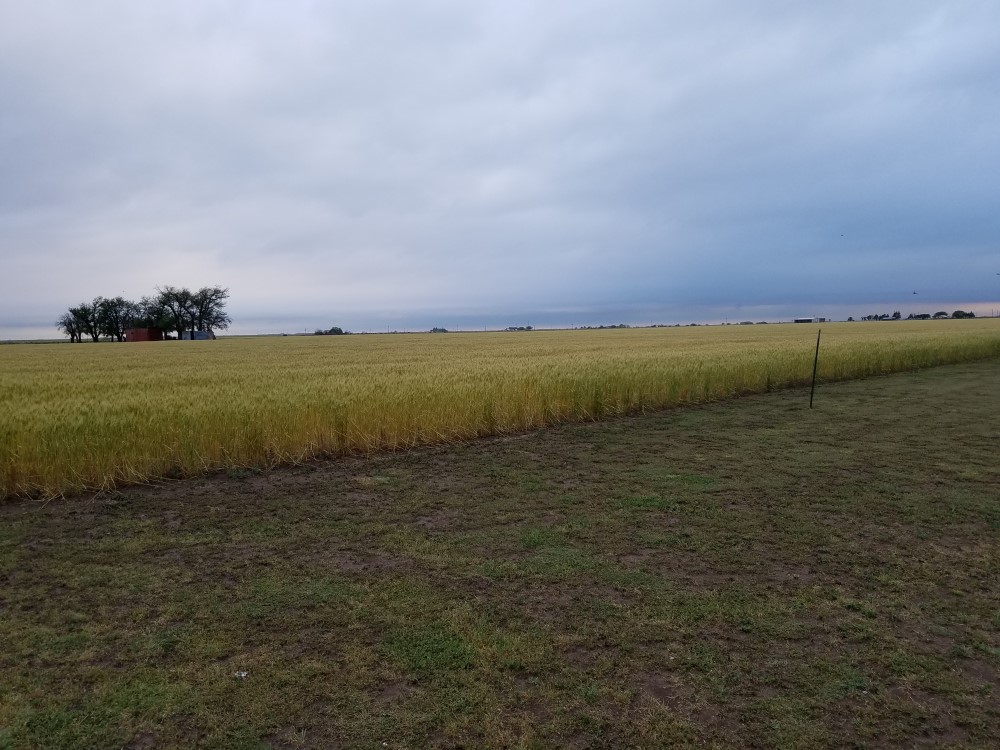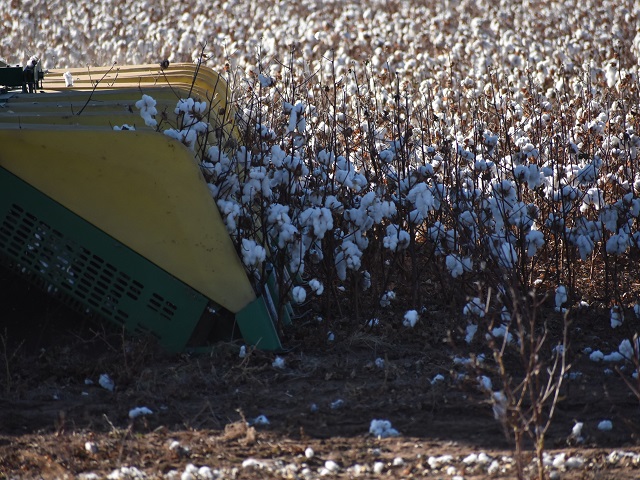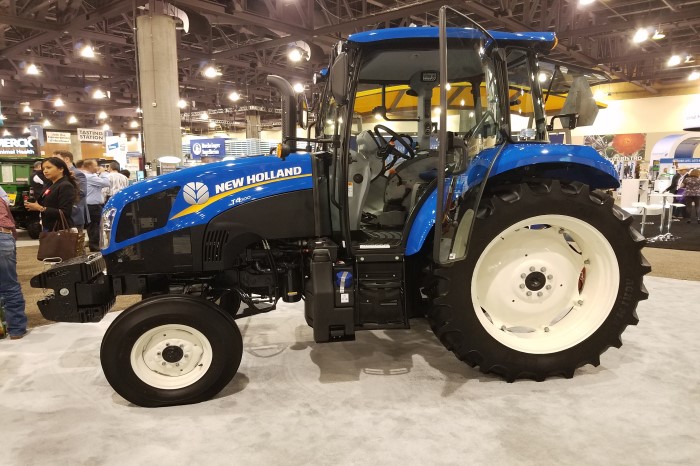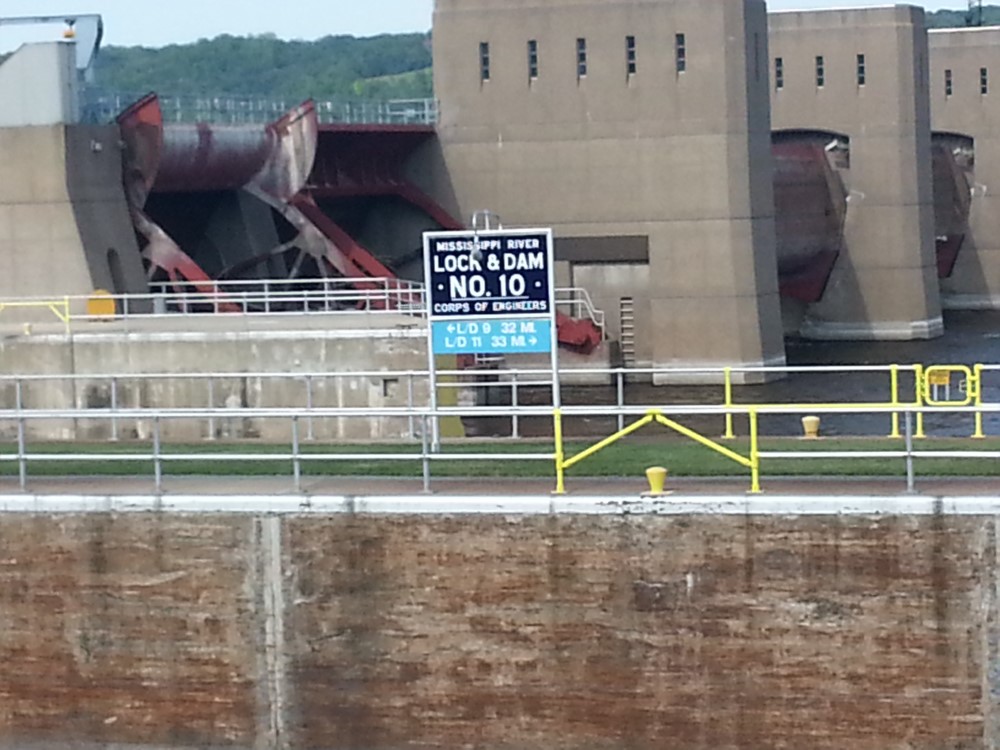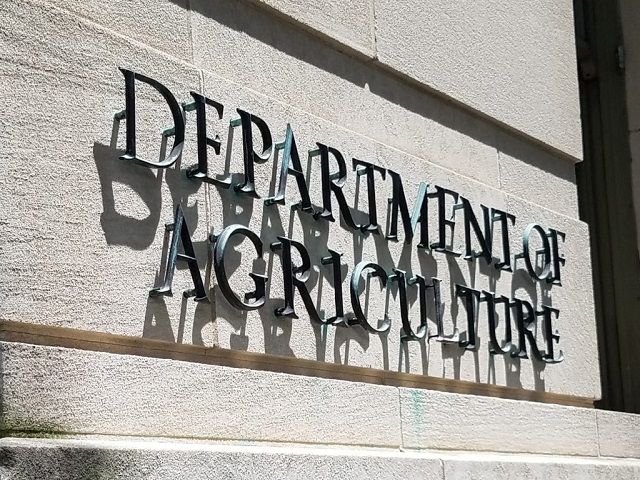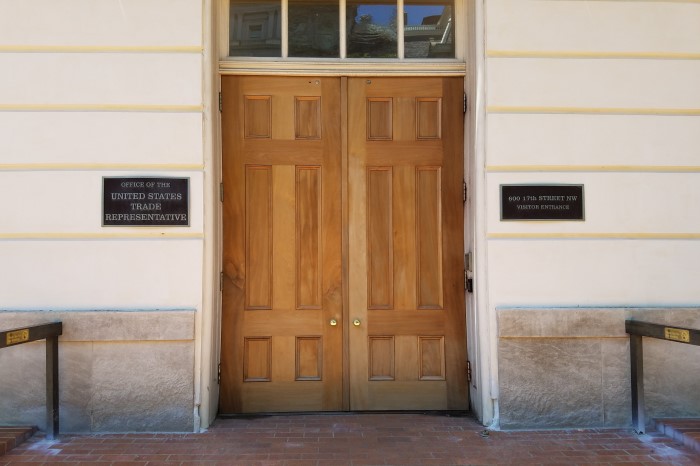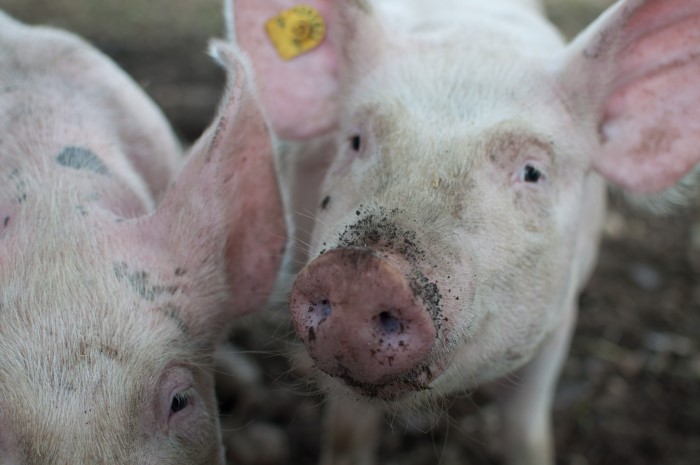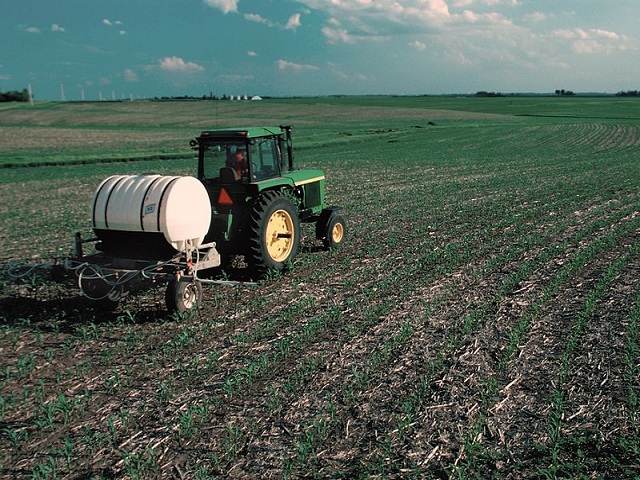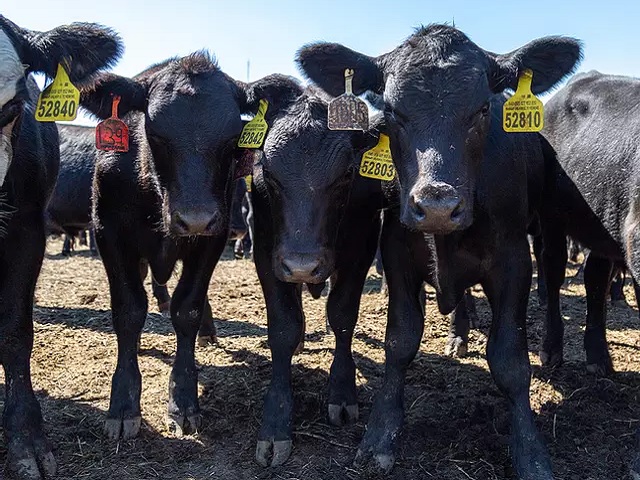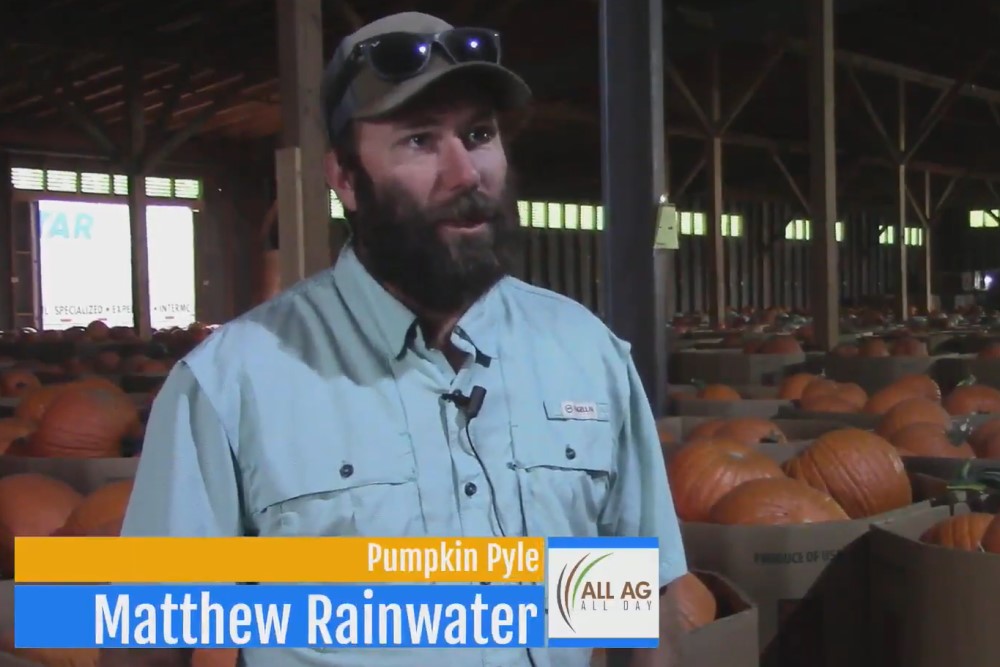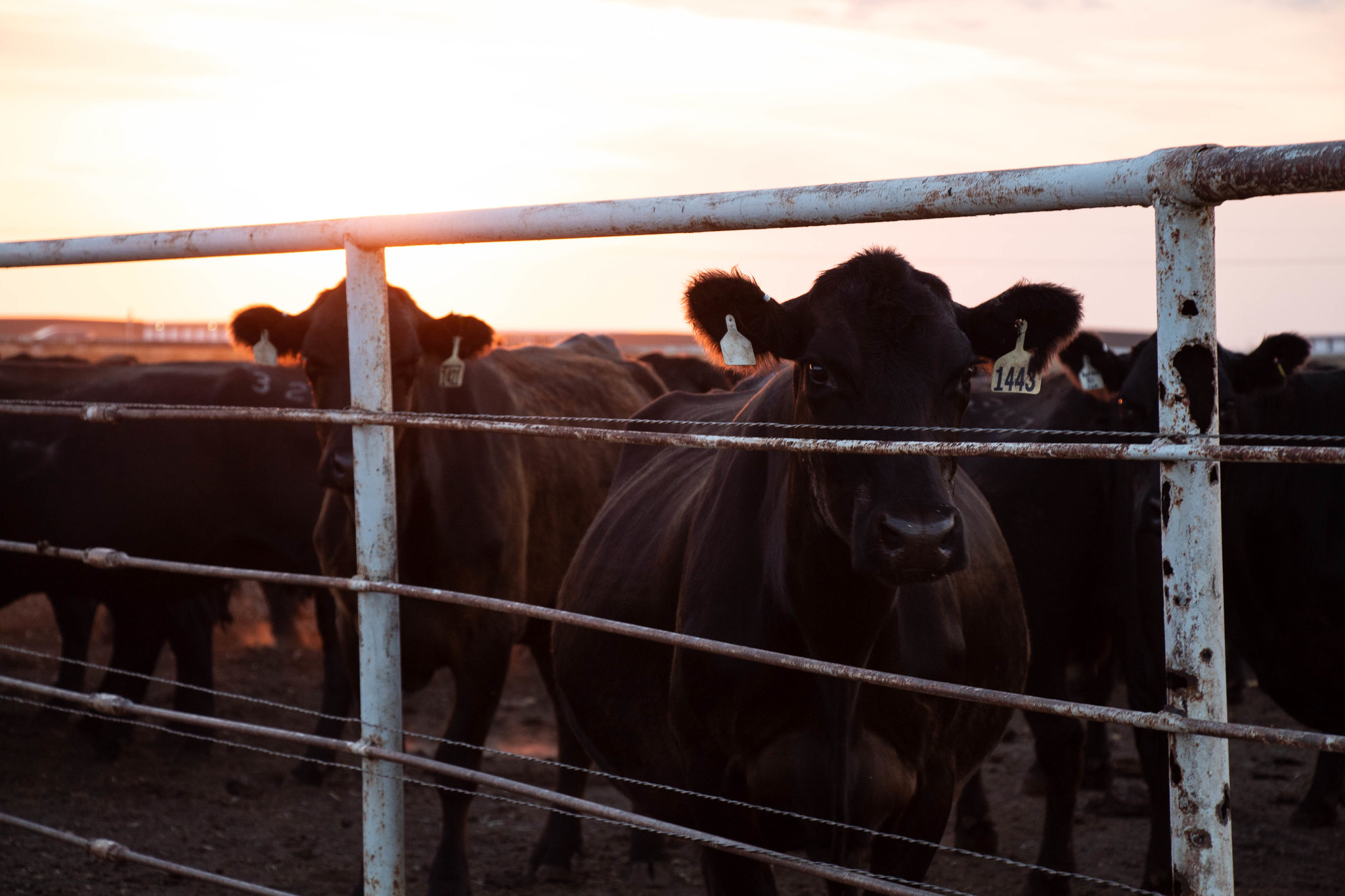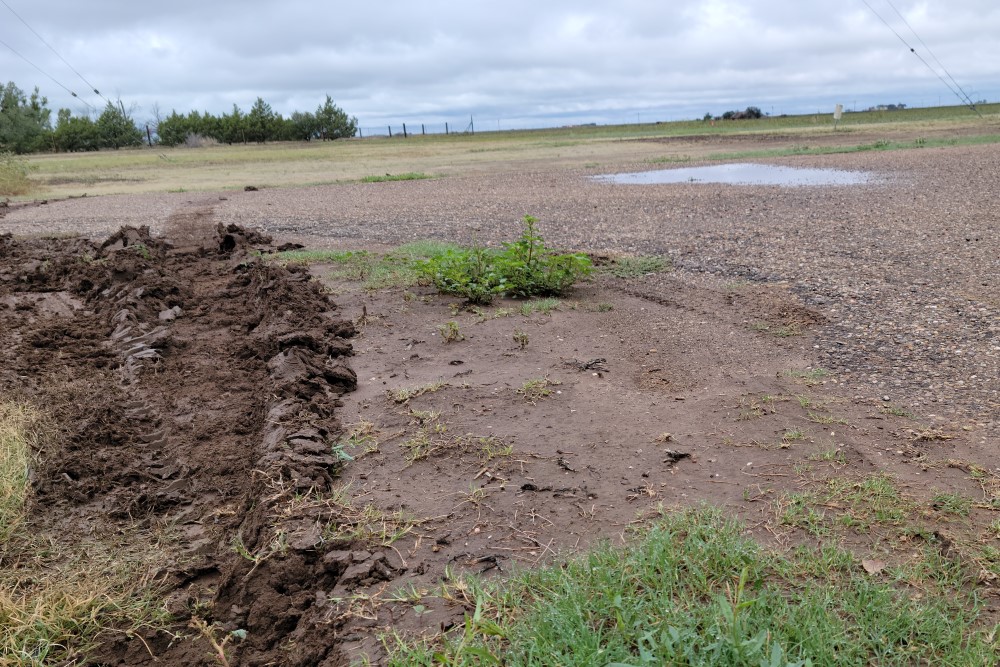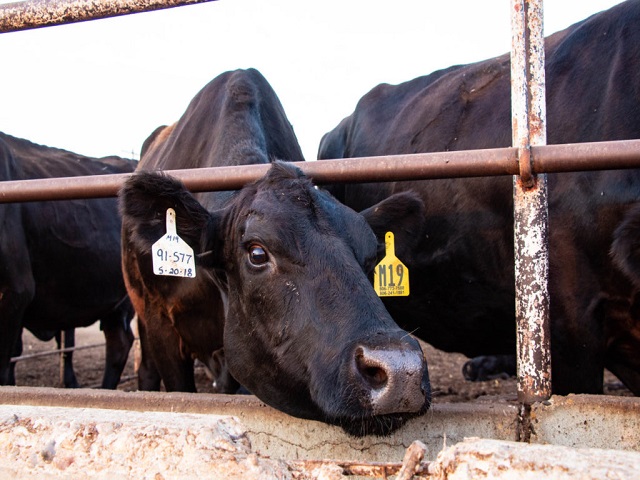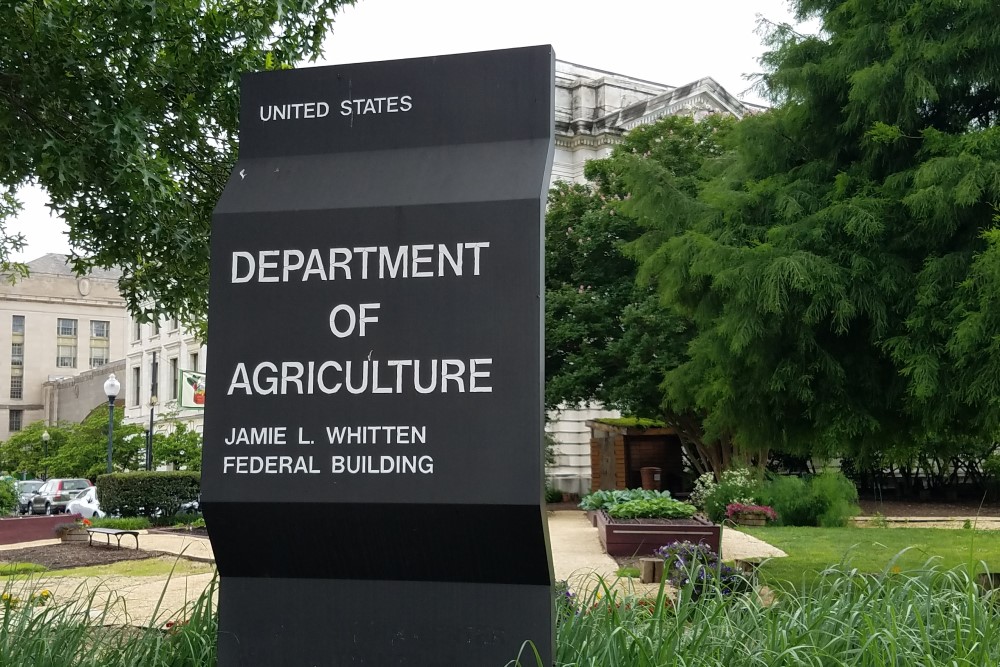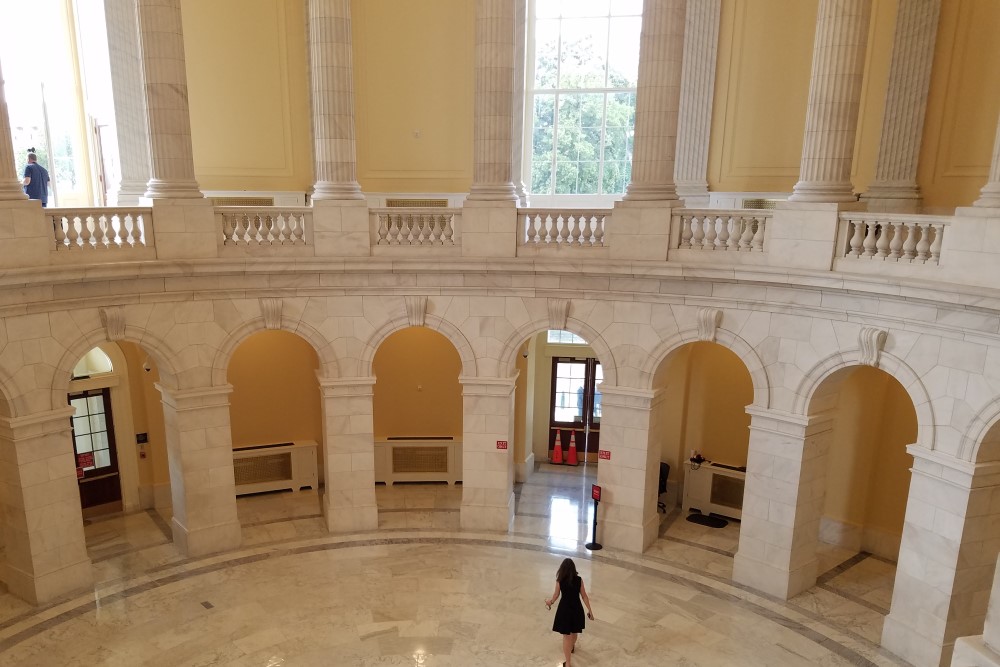One Cracked Bridge Delays Shipments, Highlighting Infrastructure Importance
COLLEGE STATION, TX – Many have been pointing to supply chain bottlenecks as the culprit to higher prices and empty shelves at grocery stores during the coronavirus pandemic last year, and the spike in gasoline prices this year due to the shutdown of the Colonial Pipeline.
One economist though is warning that for agriculture a different issue could lead to a serious fracture in the overall commodity supply chain.
Dr. David Anderson with Texas A&M says a crack on a beam providing stability to a bridge on Interstate 40 between Little Rock (AR) and Memphis (TN) is far more significant to agriculture because of the huge amount of agriculture-related barge traffic along the upper Mississippi that are transported through the New Orleans area for export.
The bridge was shut down for weeks and only recently reopened. The closure caused disruptions and delays in delivery for hundreds of barges, including those carrying corn, soybeans, soybean meal, and other agricultural commodities.
A recent analysis by the extension service places 45 percent of soybean movement through inland waterways, 35 percent by rail, and 20 percent by truck. So any disruption causes both a delay in shipments and a lack of reliability in delivery to export customers – who usually are expecting shipments to arrive in a timely manner.
The U.S. Grains Council (USGC) note that once market share is lost, it’s extremely difficult to regain it. The group works on behalf of U.S. barley, corn, and sorghum farmers to develop export markets for their grains.
Dr. Mark Welch, a grain marketing economist at Texas A&M added that “fortunately, this was a relatively short-term issue, but it did highlight how important our inland waterways are in the agricultural supply chain.”
(SOURCE: All Ag News)




